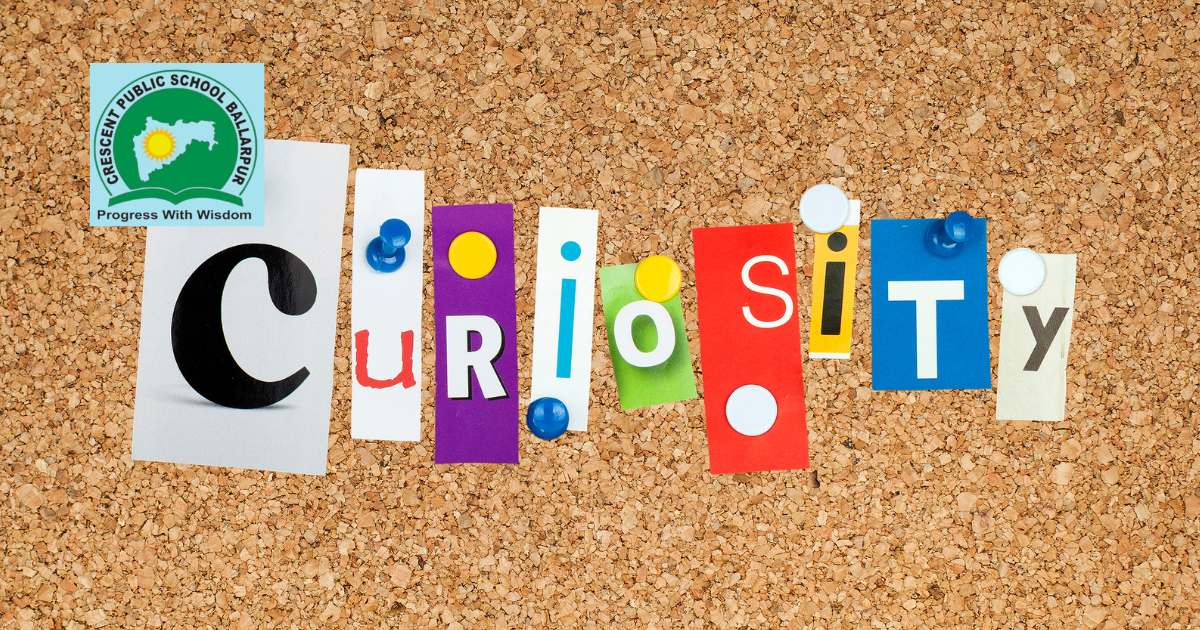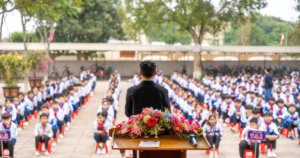Curiosity: NCERT’s New Science Textbook Revolutionizing Learning in Line with NEP 2020
By Humaira Khan, Educator
The National Council of Educational Research and Training (NCERT) has unveiled a transformative science textbook for Class 6 titled Curiosity, marking a significant departure from traditional pedagogical approaches. This innovative resource aligns closely with the National Education Policy (NEP) 2020, aiming to foster a more engaging, interdisciplinary, and culturally rooted science education for young learners.
A Paradigm Shift in Science Education
Curiosity embodies a shift from rote memorization to competency-based learning. The textbook emphasizes skill development through interactive exercises, real-world applications, and hands-on experiments. Students are encouraged to ask questions, explore concepts, and find meaning in scientific ideas that relate to their everyday lives. This new approach fosters critical thinking and scientific temperament — core goals of the NEP 2020.
As noted in Teacher Plus, the textbook is designed around real-world scenarios that children can relate to. One unit, for instance, focuses on “Why do we fall ill?” — not just as a biology lesson but as a broader exploration of hygiene, nutrition, public health systems, and community wellbeing.
Integration of Indian Knowledge Systems
In line with NEP 2020’s vision of integrating India’s rich heritage into modern education, Curiosity thoughtfully incorporates Indian Knowledge Systems (IKS). The textbook includes culturally relevant stories, examples from Indian history of science, and even verses from ancient Indian texts like the Charaka Samhita. Characters in the book are drawn from different Indian states, adding to regional representation and fostering inclusivity.
This aspect has been highlighted in Hindustan Times, which notes how the book incorporates “elements of the Indian knowledge system and cultural context to make learning more relatable.”
Visual and Cognitive Engagement
One of the standout features of Curiosity is its design. The textbook uses high-quality visuals, including colorful illustrations, clear diagrams, and real photographs, which support visual learners and make abstract concepts more accessible. It avoids clutter, utilizes spacious formatting, and uses child-friendly fonts and typography.
A detailed review on ResearchGate emphasizes that the book avoids dense text blocks and instead features a modular layout, which enhances readability and memory retention.
Promoting Interdisciplinary Learning
Curiosity does not isolate disciplines. It blends topics from physics, chemistry, biology, and earth science, encouraging students to think across domains. For instance, lessons about water pollution not only discuss chemical contaminants but also look at societal impacts, historical water management practices, and sustainable technologies — providing a true STEAM (Science, Technology, Engineering, Arts, and Mathematics) education.
Teacher Plus points out how the book uses thematic learning, such as environmental conservation, to unify science concepts from various disciplines into a single, meaningful narrative.
Alignment with NEP 2020 Goals
The National Education Policy 2020 outlines several goals that focus on holistic, student-centered learning. Curiosity aligns with these in multiple ways:
* Competency-Based Learning: Rather than testing recall, assessments in Curiosity test application, reasoning, and creativity.
* Integration of IKS: Concepts from Ayurveda, ancient metallurgy, and indigenous farming are presented alongside modern science.
* Interdisciplinary Approach: Science is linked with environmental studies, health, and even ethical discussions.
* Language Accessibility: The book uses simple, clear language with definitions built into the content, making it inclusive for learners of all backgrounds.
* Inclusive Representation: Characters include girls in leadership roles, children with disabilities, and students from various socioeconomic backgrounds.
Comparative Analysis with Previous NCERT Textbooks
Older NCERT textbooks tended to focus heavily on factual accuracy and conceptual clarity but often fell short in terms of engagement, real-life relevance, and cultural context. Diagrams were often minimal, and pedagogy leaned toward didactic explanation.
Curiosity improves on these in several ways:
| Aspect | Old NCERT Books | Curiosity |
|---|---|---|
| Pedagogy | Conceptual, teacher-led | Inquiry-driven, student-centered |
| Design | Text-heavy, minimal visuals | Rich visuals, interactive layout |
| Language | Formal, academic tone | Friendly, accessible tone |
| Contextual Learning | Limited real-world linkage | Strong focus on real-life context |
| Representation | Generic characters | Diverse, culturally rooted characters |
Classroom Impact and Educator Perspective
As a science educator, I find Curiosity to be a much-needed step toward classroom transformation. It empowers teachers to shift from being information dispensers to facilitators of discovery. The activities are open-ended, allowing room for experimentation. The focus on observation and questioning rather than “correct answers” will reduce science anxiety and increase curiosity — the very emotion the book is named after.
Furthermore, teachers are supported with accompanying digital resources, teacher handbooks, and real-time feedback tools, making this textbook an ecosystem rather than a stand-alone product.
Conclusion
Curiosity is not just a new book — it is a new direction. By nurturing a scientific mindset through culturally grounded, visually engaging, and pedagogically sound methods, it prepares India’s youth for a future that values both knowledge and wisdom. The textbook is a tangible example of NEP 2020 in action — and a hopeful step toward educational transformation.
Sources Cited
* Hindustan Times. (2024). NCERT revises Class 6 science book, focuses on knowledge systems. https://www.hindustantimes.com/india-news/ncert-revises-class-6-science-book-focuses-on-knowledge-systems-101725821928196.html
* Teacher Plus. (2025). Curiosity by NCERT: Transforming science education with competency-based learning. https://teacherplus.org/2025/comment/curiosity-by-ncert-transforming-science-education-with-competency-based-learning/
* ResearchGate. (2024). Book Review: Curiosity – Textbook of Science for Grade VI. https://www.researchgate.net/publication/384557825\_BOOK\_REVIEW\_CURIOSITY\_TEXTBOOK\_OF\_SCIENCE\_FOR\_GRADE\_VI\_ISBN\_978-93-5007-225-7




